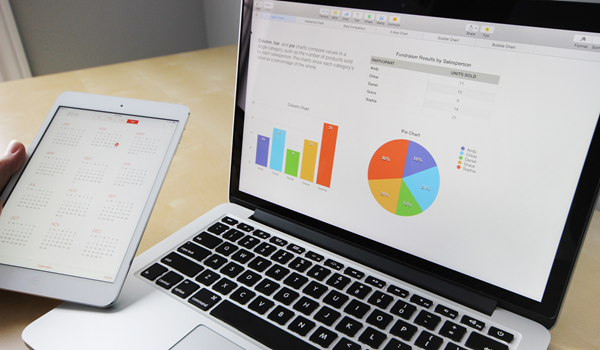Test Results
Results Of Tests And Investigations
We will contact you by telephone, or by letter, only if a result is abnormal and you require treatment or further investigations. You will not be contacted if your result is normal. If you wish to enquire about the results of your tests please telephone at the end of surgery sessions. The administrative staff will give results to you or you may be asked to speak to the nurse or doctor. Adults' results will not be given to anyone other than the patient, except in exceptional circumstances.
We are working to improve ways of communicating Blood Test Results to patients by sending out text messages when results are normal. Therefore, when you see the nurse to have your blood taken, please confirm your correct mobile telephone number
- You will receive a text message if your results are normal
- Please note that you will probably receive more than one text if you have had more than one blood test which may not be received back at the surgery all at once.
- You should have received all of your results within 2 weeks.
- You will receive a telephone call from the if your result may require further action
- If you have not received any texts or phone calls from us within two weeks, then please telephone the surgery
Blood Tests
A blood test is when a sample of blood is taken for testing in a laboratory. Blood tests have a wide range of uses and are one of the most common types of medical test. For example, a blood test can be used to:
- assess your general state of health
- confirm the presence of a bacterial or viral infection
- see how well certain organs, such as the liver and kidneys, are functioning
A blood test usually involves the phlebotomist taking a blood sample from a blood vessel in your arm and the usual place for a sample is the inside of the elbow or wrist, where the veins are relatively close to the surface. Blood samples from children are most commonly taken from the back of the hand. The childs hand will be anaesthetised (numbed) with a special cream before the sample is taken.
You can find out more about blood tests, their purpose and the way they are performed on the NHS Choices website.
X-Rays
An X-ray is a widely used diagnostic test to examine the inside of the body. X-rays are a very effective way of detecting problems with bones, such as fractures. They can also often identify problems with soft tissue, such as pneumonia or breast cancer.
If you have an X-ray, you will be asked to lie on a table or stand against a surface so that the part of your body being X-rayed is between the X-ray tube and the photographic plate.
An X-ray is usually carried out by a radiographer, a healthcare professional who specialises in using imaging technology, such as X-rays and ultrasound scanners.
You can find out more about x-ray tests, how they are performed, their function and the risks by visiting the NHS Choices website.
Page created: 29 October 2020

